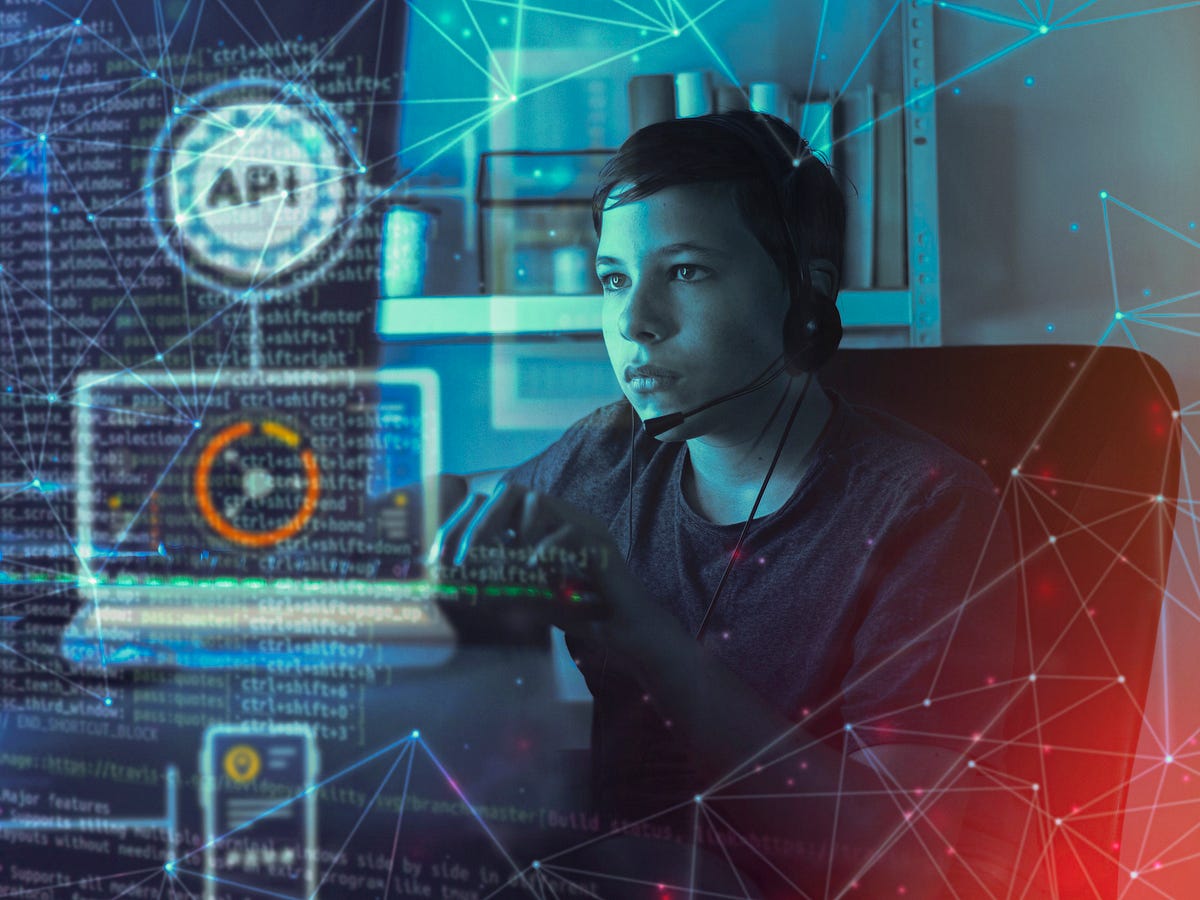Medium
1M
77

Image Credit: Medium
How Generative AI Is Transforming the Creative and Tech Ecosystem
- Generative AI, powered by machine learning and advanced algorithms, is revolutionizing industries and driving demand for AI talent.
- Unlike traditional AI, generative AI creates new content such as text, images, audio, and code, learning from training data to generate novel outputs.
- Marketing teams use generative AI tools like ChatGPT and Jasper to streamline content creation at scale, enhancing productivity.
- In software development, tools like GitHub Copilot assist developers in writing code faster and reducing development time significantly.
- Digital artists leverage generative tools for exploring new aesthetics and creating visual content more efficiently for commercial use.
- Generative AI is also transforming music composition, allowing musicians to generate melodies and harmonies tailored to specific genres or moods.
- AI programmers play a crucial role in building, training, and maintaining generative models, ensuring they understand and replicate human-like creativity.
- These programmers use techniques like supervised learning and reinforcement learning to improve AI performance and mitigate biases in AI-generated content.
- Challenges posed by generative AI include concerns about copyright ownership, misuse in creating fake content, and potential impact on human creativity.
- The future of generative AI involves personalized AI avatars, multi-modal generation, and increased human-AI collaboration for enhanced creativity and efficiency.
Read Full Article
4 Likes
For uninterrupted reading, download the app